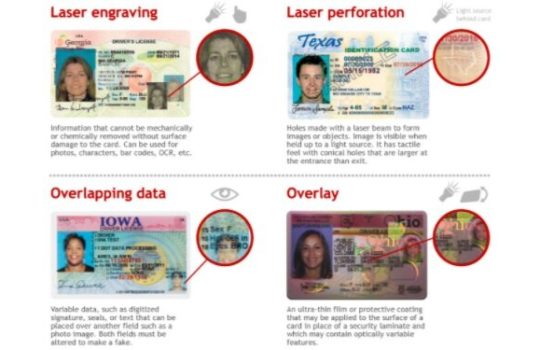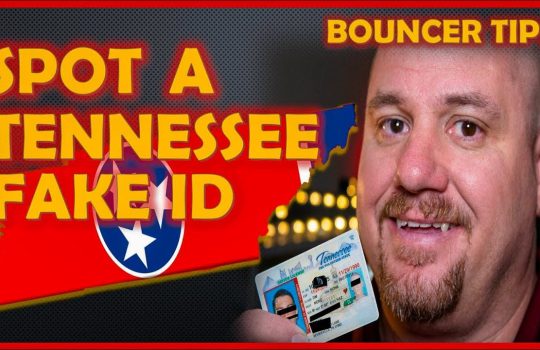Massachusetts Fake Id Maker
2023-07-05 2023-07-05 11:08Massachusetts Fake Id Maker

Massachusetts Fake Id Maker
Uk Fake Id Card Scannable
Ukraine Fake Driver License
Portugal Fake Passport
Title: Massachusetts Fake ID Maker: The Secret World of Counterfeit Identification
Introduction:
The proliferation of fake identification cards has become widespread, raising concerns about security and law enforcement. In Massachusetts, as in many other states, the availability of fake ID makers has become a concerning issue. These clandestine operations cater to individuals seeking fabricated identification for various reasons. This article sheds light on the secretive world of Massachusetts fake ID makers, exploring the implications, challenges, and possible solutions to combat this illicit practice.
1. Why do People Seek Fake IDs?
Obtaining a fake ID serves various purposes, most often tied to one’s age. Many teenagers and college students, under the legal drinking age of 21, resort to fake IDs to gain access to bars, clubs, and alcohol. Others use them to enter restricted areas, attend events, or purchase age-restricted items. Additionally, immigrants, primarily those without legal status, may resort to fake IDs to secure employment or for other identification-related needs. The motivations behind acquiring fake IDs highlight the demand and fuel the growth of underground counterfeit networks.
2. The Underground Economy of Fake ID Makers
Massachusetts, like other states, faces the challenge of illegal fake ID production. Experts estimate that over a million counterfeit identity documents enter circulation annually in the United States, a significant fraction of which are produced in clandestine operations within the state. Fake ID makers mostly operate through an intricate network of online platforms, dark web marketplaces, and discreet offline networks. These networks employ advanced technologies, including high-quality printers, specialized software, and intricate holographic features, making the fake IDs harder to detect.
3. The Ramifications of Fake IDs
a) Law Enforcement Challenges: Fake IDs pose significant challenges for law enforcement agencies. Identifying counterfeit identification requires sophisticated equipment, skilled personnel, and time-consuming procedures. The high-quality production techniques employed by fake ID makers often result in documents that closely resemble legitimate ones, making them difficult to distinguish.
b) Increased Security Risks: The availability of fake IDs compromises security measures put in place to protect citizens. Fraudulent identification documents can aid criminals in bypassing security screenings, smuggling contraband, engaging in identity theft, or conducting illegal activities under false pretenses. This undermines public safety and hinders effective law enforcement.
c) Economic Consequences: Fake ID production indirectly contributes to economic losses. Industries reliant on age-restricted purchases, such as alcohol and tobacco sales, encounter financial setbacks due to underage individuals gaining access with fabricated identification. Moreover, the use of fake IDs for employment purposes disproportionately affects legitimate workers’ job prospects, leading to unfair competition in the job market.
4. Legal Measures and Initiatives to Counter Fake IDs
Massachusetts, in collaboration with federal agencies, has implemented several measures to combat the proliferation of fake IDs:
a) Enhanced ID Designs: Authorities continually improve ID designs, integrating intricate security features that are harder to counterfeit. These advancements aim to stay ahead of the ever-evolving techniques employed by fake ID makers.
b) Education and Awareness Programs: Government agencies, educational institutions, and law enforcement bodies run awareness campaigns to educate the public about the consequences and risks associated with fake ID usage. These initiatives focus on empowering individuals to make responsible choices and deter them from seeking counterfeit identification.
c) Collaboration and Information Sharing: Authorities enhance cooperation between state and federal agencies, as well as technology and security experts, to exchange information, intelligence, and best practices on detecting fake IDs. By leveraging collective knowledge and resources, they aim to improve proficiency in identifying counterfeit documents.
d) Legal Consequences: Legislators and law enforcement agencies actively pursue legal measures against individuals involved in counterfeit ID production and distribution, imposing hefty fines and prison sentences as deterrents.
5. The Role of Technological Advancements
As technology evolves, so do the methods employed by fake ID makers. This necessitates the development of cutting-edge solutions to counter these counterfeit activities. Advancements in artificial intelligence, machine learning, and computer vision can aid law enforcement agencies in detecting fake IDs more accurately and efficiently. Enhanced scanners, biometric verification systems, and authentication methods can strengthen ID inspection processes, making it significantly harder for counterfeit identification to pass undetected.
Conclusion:
The widespread availability of Massachusetts fake ID makers poses a considerable challenge to law enforcement agencies, security measures, and public safety as a whole. Understanding the underlying motivations, implications, and potential solutions surrounding fake identification is crucial in combatting this issue effectively. Through increased collaboration, advanced technologies, and stringent legal measures, Massachusetts strives to dismantle the thriving underground economy of counterfeit IDs, protecting its citizens and maintaining a robust security framework.
















